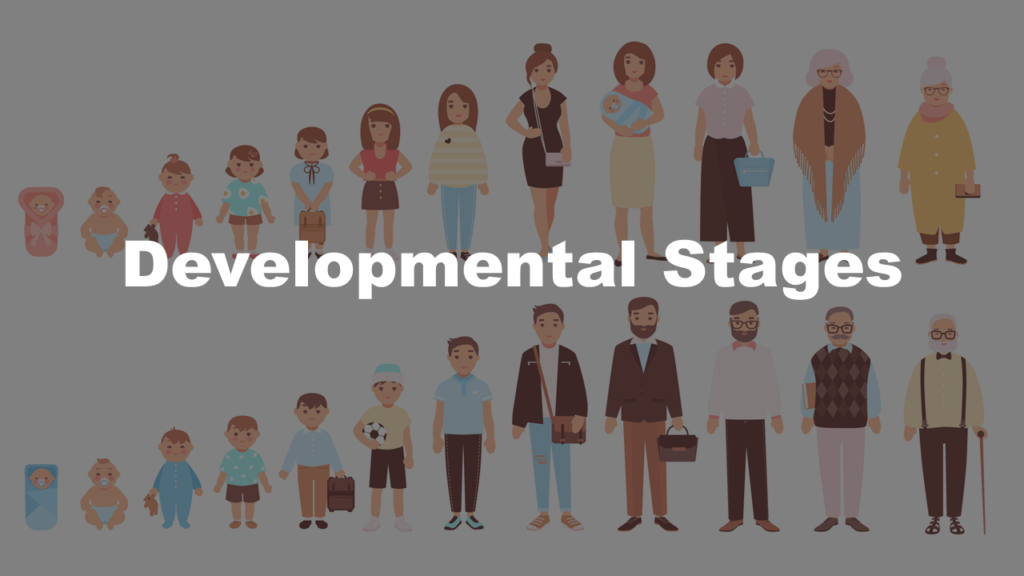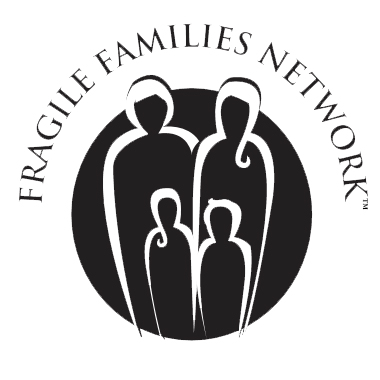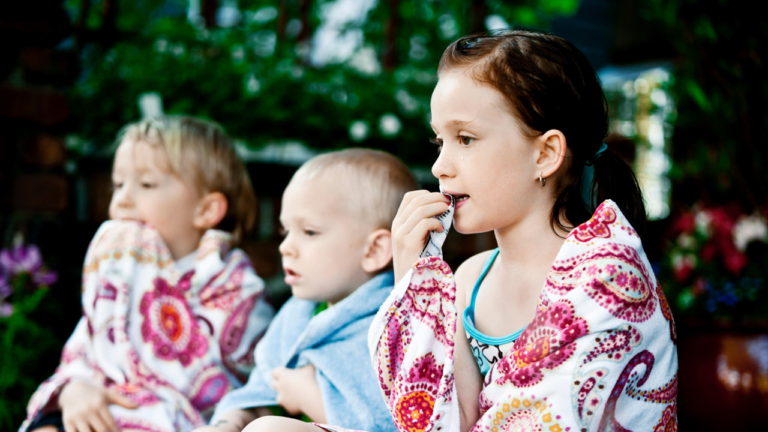Teaching Life Skills from an Early Age: A Guide for Grandfamily Caregivers
Have you ever wondered how early you can start teaching life skills to the young people in your care?

It’s never too early to begin equipping children and youth with the skills they’ll need to navigate the complexities of life. In fact, you can start to build foundational skills as soon as a child begins to walk and talk. Grandfamily caregivers—grandparents or other family members raising children—play a crucial role in this developmental journey.
Developmental Life Stages and Corresponding Life Skills
Understanding the developmental stages from birth to adulthood and the appropriate life skills for each stage can help caregivers effectively guide young people. Here’s a breakdown of these stages and the skills that can be nurtured along the way:
Infancy (0-2 years)
Key Developmental Focus: Sensory and motor development, bonding, and basic communication.
Life Skills:
- Trust and Security: Establishing a sense of safety and attachment through consistent caregiving.
- Basic Communication: Encouraging vocalizations, simple words, and gestures to express needs and emotions.
Example Activities:
- Responding to cries and cues.
- Playing peekaboo to develop object permanence.
- Reading simple picture books to encourage language skills.
Early Childhood (2-5 years)
Key Developmental Focus: Language development, basic social skills, and autonomy.
Life Skills:
- Personal Care: Learning to dress, wash hands, and brush teeth with assistance.
- Basic Social Skills: Sharing, taking turns, and following simple instructions.
- Emotional Expression: Identifying and expressing basic emotions.
Example Activities:
- Encouraging self-feeding with child-friendly utensils.
- Role-playing games to practice sharing and turn-taking.
- Using emotion charts to help children name and understand their feelings.
Middle Childhood (6-11 years)
Key Developmental Focus: Academic skills, self-discipline, and more complex social interactions.
Life Skills:
- Time Management: Understanding routines and the concept of time.
- Responsibility: Completing age-appropriate chores and school assignments.
- Problem Solving: Simple decision-making and conflict resolution.
Example Activities:
- Using a visual schedule to plan daily activities.
- Assigning chores like setting the table or feeding pets.
- Encouraging children to think through solutions to minor conflicts.
Adolescence (12-18 years)
Key Developmental Focus: Identity formation, independence, and complex problem-solving.
Life Skills:
- Advanced Communication: Developing negotiation and assertiveness skills.
- Financial Literacy: Basics of budgeting, saving, and understanding money management.
- Health and Nutrition: Making informed choices about diet, exercise, and self-care.
Example Activities:
- Discussing and role-playing various social scenarios to build communication skills.
- Setting up a simple savings plan or allowance management system.
- Planning and preparing balanced meals together.
Young Adulthood (18+ years)
Key Developmental Focus: Career development, long-term relationships, and self-sufficiency.
Life Skills:
- Career Planning: Identifying strengths, exploring career options, and setting goals.
- Housing and Independent Living: Understanding leases, maintaining a home, and basic repairs.
- Legal Knowledge: Understanding rights and responsibilities, navigating the legal system.
Example Activities:
- Creating a resume and practicing job interviews.
- Teaching basic home maintenance skills like changing a light bulb or unclogging a drain.
- Discussing legal documents such as rental agreements and contracts.
Why Early Life Skills Education is Important
Teaching life skills from an early age sets the foundation for a successful and fulfilling life. Each developmental stage presents unique opportunities to build these skills progressively. Grandfamily caregivers can integrate life skills education into everyday activities, fostering independence, confidence, and resilience.
By understanding and leveraging the developmental stages, grandfamily caregivers can ensure that the young people in their care are well-prepared for the future, equipped with the life skills necessary to navigate adulthood confidently. To learn more about teaching life skills, check out our blog and sign up for our upcoming webinars. Let’s work together to empower the next generation with the skills they need to succeed in life!
©2024 Fragile Families NETWORK







